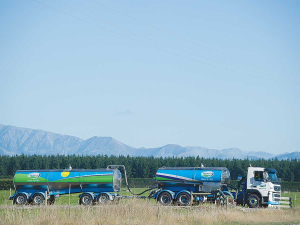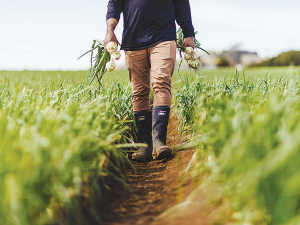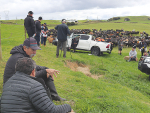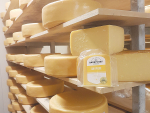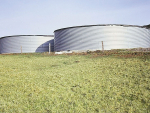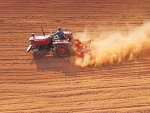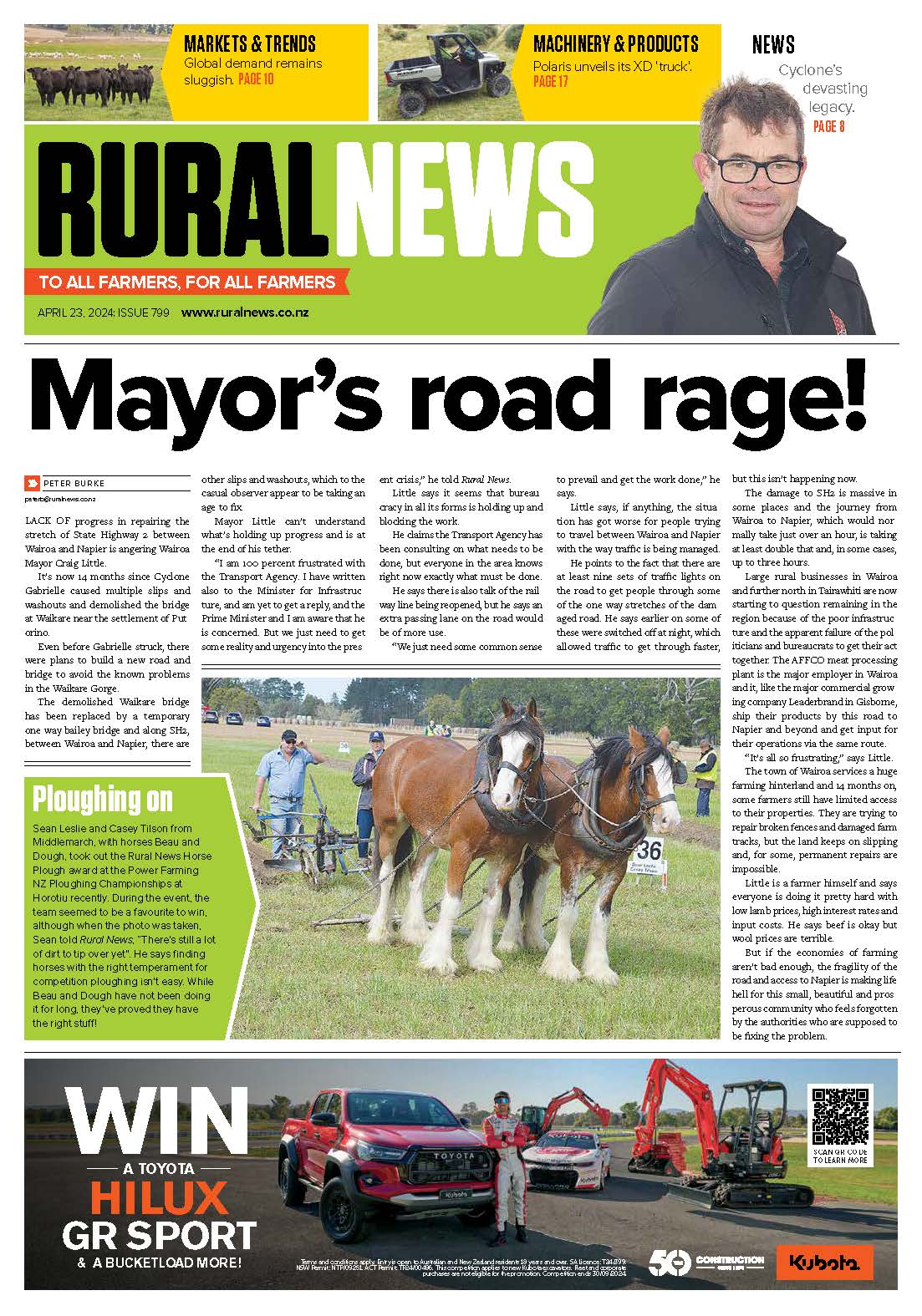Rabobank released its Agribusiness Monthly for March. Here's what the bank had to say about the dairy sector, farm input prices and the weather.
Dairy commodity prices have largely continued their positive trend over the month of February 2024.
Butter prices have continued to soar, lifting 12% over the month of February 2024, and were 20% higher at the end of February than at the beginning of the calendar year. SMP continues to recover, lifting 8% over the month of February 2024, while gains for WMP slowed to 1% and cheddar prices stalled over the same month.
Milk supply growth from the global dairy exporting crowd continues to struggle. A return to meaningful production expansion from these regions will take some time.
Higher dairy commodity prices will translate into firmer farmgate milk prices in all regions, a welcome relief for farmers who struggled to achieve profitability in 2023. At this stage, it's likely that it will take until the second half of this calendar year for volumes from the dairy exporting heavyweights to move back into positive territory.
New Zealand milk supplies have pulled back for January 2024 compared to last year, easing by 1.2% YOY on a tonnage basis, while milksolids similarly declined by 1% over the same period. Milk supply is 0.5% down YOY for the season to January 2024, largely driven by weaker North Island collections.
Despite the struggling milk pool growth, sluggish demand remains the key influence on commodity prices and, therefore, farmgate forecast prices. Pockets of demand optimism remain in our key market, China. Retail and foodservice sales showed some strength through the Lunar New Year - although it is too soon to declare a trend.
The recent equilibrium of weaker supply matched by weaker demand will slowly shift throughout 2024, with prices moving to the upside as milk production continues to struggle but demand subtly improves.
The global farm inouts market is facing pressure on two fronts: steady supply and lack of demand. So far, prices have not increased substantially as they usually do during the Northern Hemisphere procurement period. If attacks on Red Sea shipping do not escalate further, we can expect lower farm input prices at the farmgate in the coming weeks.
The first two months of 2024 saw international phosphate fertiliser prices virtually stable. The DAP reference price in Morocco dropped only USD 15/tonne in the period. The glut supply may even get bigger now that Chinese authorities have confirmed their 2024 export quotas for DAP and MAP, which combined add up to 7m tonnes, roughly the same as in 2023. Another sign of excessive fertiliser supply came from Canada, with Mosaic announcing the curtailment of one of tis potash mines. The Colonsay mine has the potential to produce 1.3m tonnes each year, almost 3% of global potash exports. As of late February, potash prices have not been negatively impacted by this decision. The nitrogen sector is also facing lacklustre demand, both for ammonia and final products, such as urea. The hand-to-mouth trend is still in place and no price uplift is expected in the coming weeks.
The silver lining is the bearish market for grains and oilseeds worldwide. Due to decreasing prices, many producers are delaying purchasing farm inputs and reassessing their crop rotations. Increasing chances of a La Niña weather event by mid-2024, which can lead to crop failures in the Americas, has also boosted this behaviour recently. This can be a bullish factor for grains and oilseeds and, thus, for nitrogen demand, but is still too soon to move the fertiliser price needle.
Above Average Temperature
Autumn temperatures are likely to be either average or above average for most of New Zealand, according to NIWA. The North Island and the east of the South Island are more likely to have above average temps through to May 2024.
Rainfall volumes for the top of the North Island over autumn 2024 have a chance of below normal levels. The west coast of the South Island has an equal chance of near normal or above normal rainfall, while the rest of the country is likely to have normal rainfall volumes over the coming three months.
Soil moisture for the west and east of the North Island has a risk of below normal levels through autumn. The west coast of the South Island is likely to have near normal soil moisture over the same time. Below normal soil moisture is likely for the rest of the country over autumn.
NIWA anticipates El Niño weather conditions will shift towards neutral as we move through the next three months.





